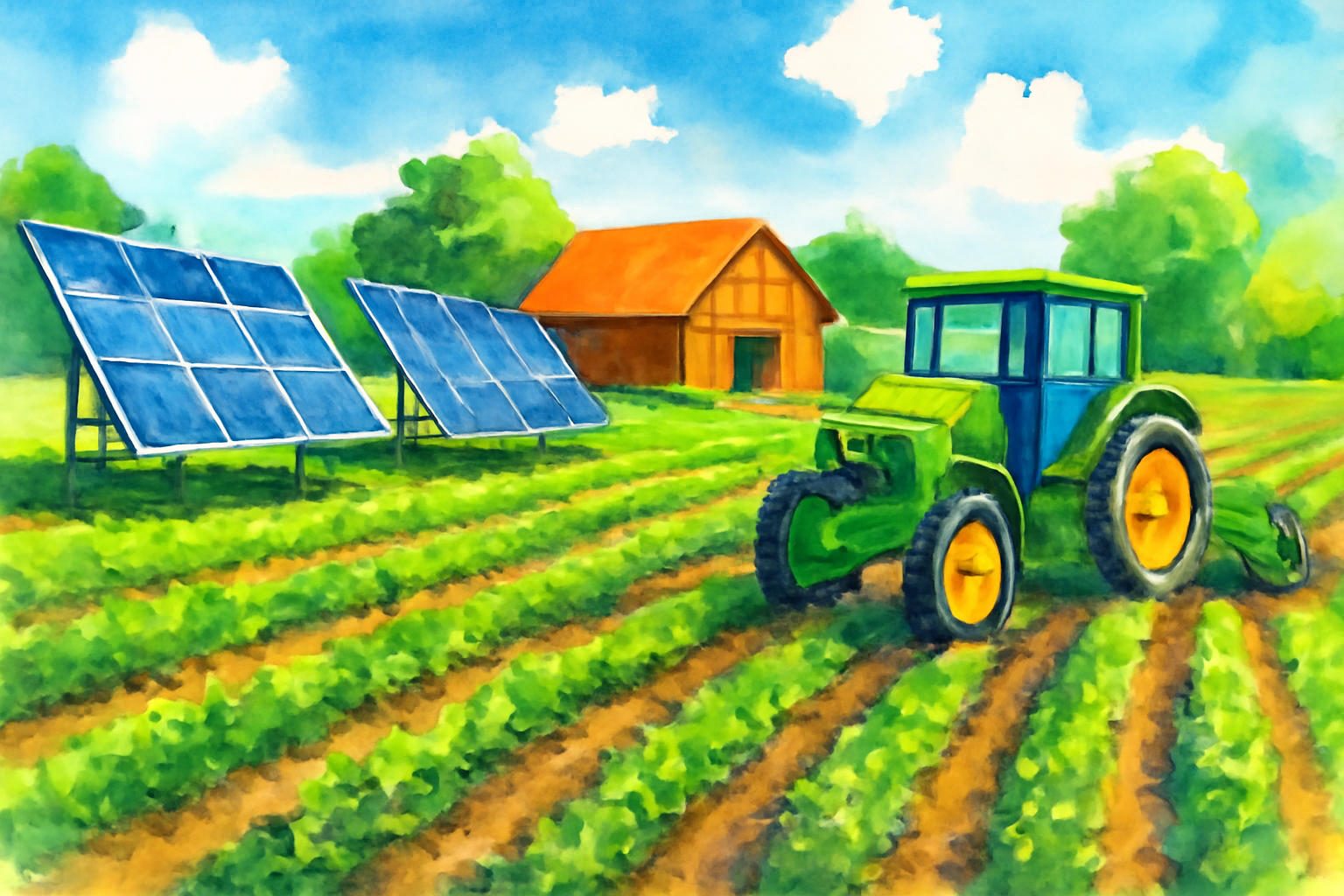
Leasing can play a significant role in promoting sustainable farming by providing financial flexibility, access to modern equipment, and enabling innovative agricultural practices. Here's how leasing contributes to eco-friendly farming:
Access to Advanced, Efficient Equipment: Leasing allows farmers to use the latest technology without the significant upfront investment that purchasing requires. Modern equipment often includes technology designed to reduce environmental impact, such as precision agriculture tools that optimize input use, minimize waste, and reduce carbon emissions.
Resource Efficiency: Leasing enables the periodic upgrade of equipment, ensuring farmers always have access to models that comply with the latest environmental standards. This can lead to more sustainable resource use, such as reduced fuel consumption and decreased application of fertilizers and pesticides.
Financial Flexibility and Risk Mitigation: By leasing instead of purchasing, farmers preserve capital and maintain financial flexibility, crucial for investing in sustainable practices like organic certification or diversifying crop production. Leasing can also help mitigate risks associated with climate change by allowing for faster adoption of climate-smart technologies.
Support for Renewable Energy: Leasing can extend beyond traditional equipment to include renewable energy installations such as solar panels. This reduces dependency on non-renewable energy sources, decreases operational costs, and minimizes greenhouse gas emissions.
Bi-directional Benefit: Lessors also play a part by encouraging the return of leased equipment at the end of the term for refurbishment or recycling, thus promoting a circular economy model that benefits both the environment and the economy.
Facilitating Scale Adaptation: By removing the burden of outright purchase, leasing supports small-scale farmers in adopting new sustainable practices and equipment that might otherwise be financially inaccessible. This promotes inclusivity in the shift towards sustainable agricultural practices.
Encouraging Sustainable Land Use: Lease agreements can be structured to favor eco-friendly practices by including terms that promote reduced tilling, cover cropping, or organic farming certified methods, ensuring that the equipment deployed is used sustainably.
In summary, leasing is a significant enabler of sustainable farming by providing access to cutting-edge technology, supporting financial health, encouraging environmentally friendly energy use, and ensuring equipment circulation is conscientious of environmental impact.